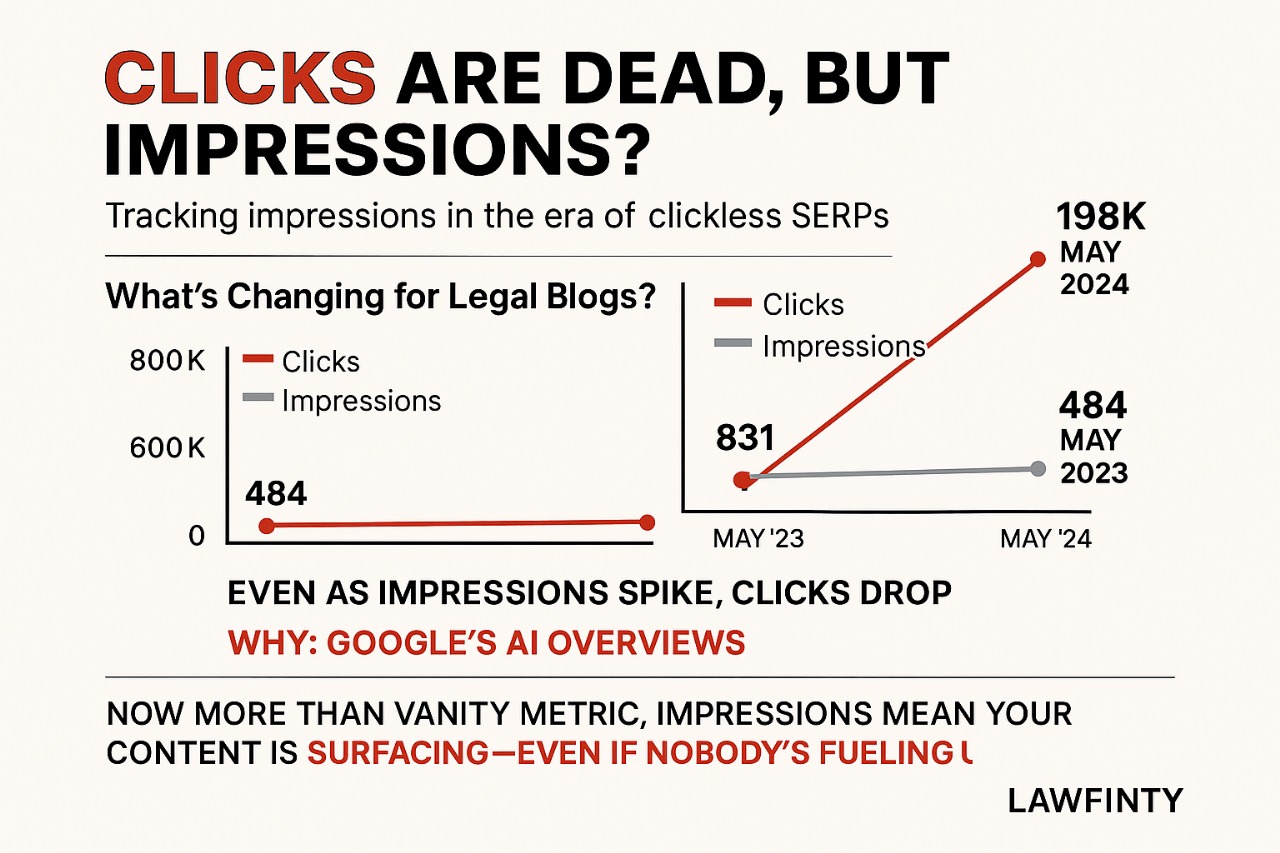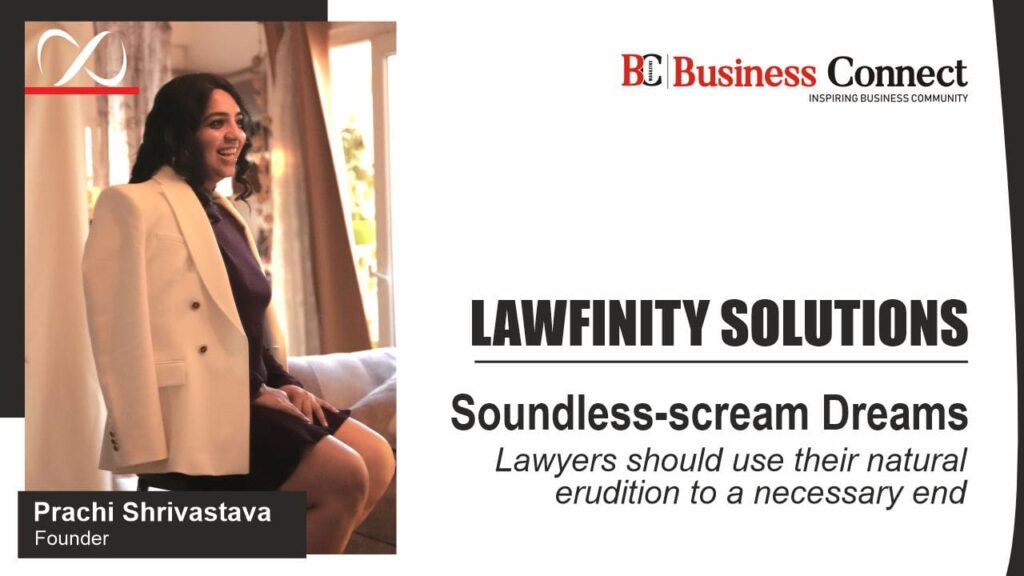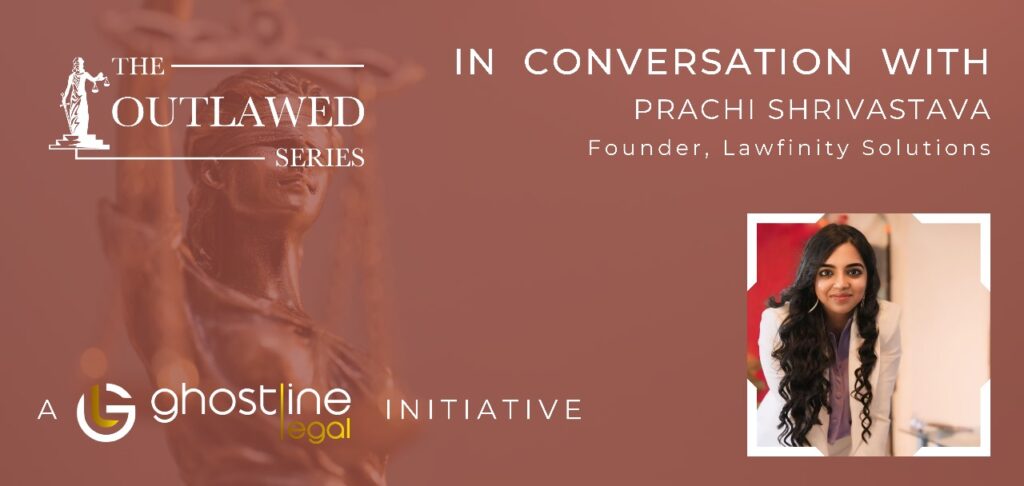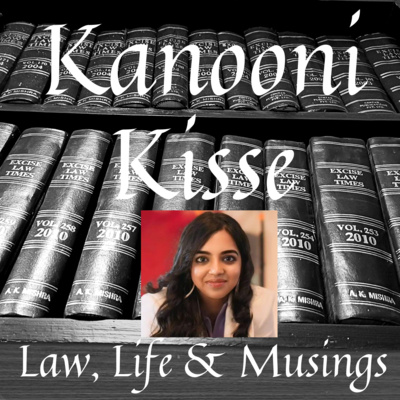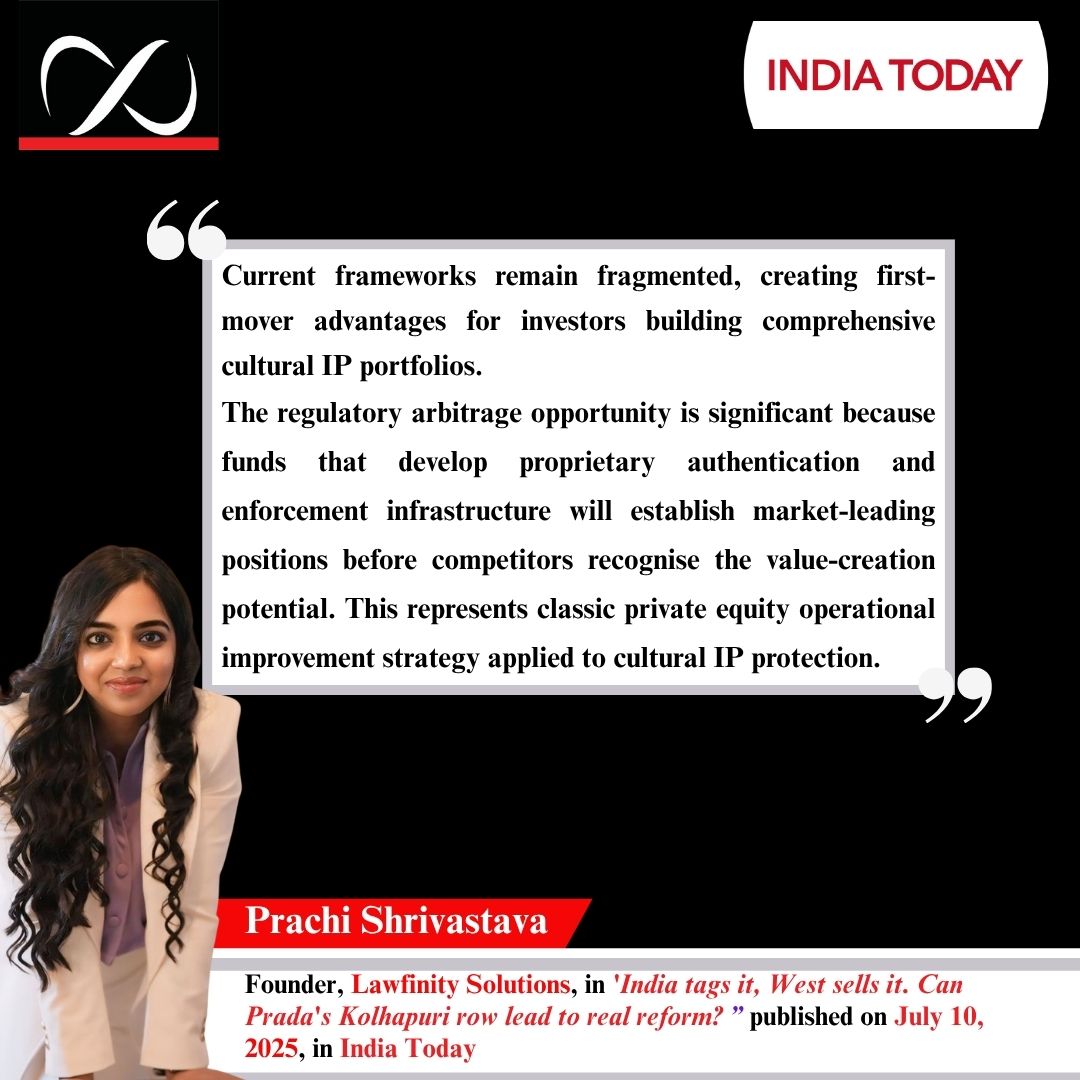You may have noticed the headlines getting louder: “SEO is dead.”
Or, you may have not noticed, and are now asking: “What SEO?”
Search Engine Optimization (SEO) is the process of improving your website’s visibility on search engines like Google. The goal is to rank higher in Search Engine Results Pages (SERPs) when someone searches for specific keywords relevant to your services. SEO involves a combination of keyword targeting, meta tags, backlinks (links from other sites to yours), site speed, mobile optimization, and structured content. The technical logic behind SEO is that Google’s algorithm rewards relevance, authority, and user experience. But SEO is not:
- A guarantee of leads or conversions
- A one-time fix
- A standalone marketing strategy
SEO was built in a world where users clicked on results, not where search engines gave them full answers directly.
The SEO industry is massive. In 2024 alone, global SEO spend surpassed $98bn, with law firms contributing significantly to that number. In the US, law firms that actively invest in SEO spent an average of $120,000 annually in 2024. As legal marketers, SEO consultants, and digital agencies face pressure from clients seeing declining ROI, there’s a natural push to defend the practice.
Also, many decision-makers are emotionally and operationally invested in SEO: they’ve spent years optimizing, writing, and building authority. It’s hard to let go. As one legal BD head privately shared, “We still have four content writers on retainer. It’s not easy to shift that momentum even if the traffic has plateaued.”
Heck, even I would say: Months after I get a hang of ‘Ahrefs’ and what not, you say ‘Game Over’? Nah, I want to play more!

Naturally, the rebuttals to ‘SEO is dead’ get louder too: “No it’s not, it’s just evolving,” argue marketers, especially those who are largely ace players in SEO, which is one of several aspects of a successful marketing plan.
There’s also #FOMO (Fear of Missing Out). Nobody wants to be the firm that abandons SEO only to regret it. So the debate rages on, not because SEO is conclusively dead, but because its relevance now varies wildly depending on your firm’s visibility stage, content maturity, and target audience.
At Lawfinity, we aren’t here to join a tech turf war. We’re here to help lawyers make better marketing decisions with limited time, team, and trust capital.
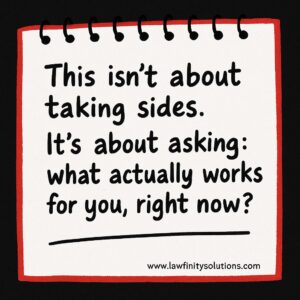
Let’s Start With Definitions
| Term | What It Meant | What It’s Becoming |
| SEO | Rank on Google SERPs via keywords, backlinks, domain authority | A legacy of when websites were the main customer gateway |
| GEO (Generative Engine Optimization) | Represents a shift in how LLMs surface content in response to prompts | Contextual visibility, not just ranking |
| Marketing | Getting found | Getting trusted |
| Branding | Top-of-mind recall | Right-time recall |
| Visibility | Impressions or clicks | Reputation in the right reference zone |
Why This Matters for Lawyers
If you’re one of the law practices, who has invested deeply in SEO, ask yourselves: “When ChatGPT is not at their fingertips, what would my marketing head/SEO consultant answer, on being asked about the deepest psychological motivations and the loudest practical problems of my favourite client niche?”

You’re not a product page. You’re not selling shoes or phone chargers where the buyer types in a specific phrase and chooses from 10 near-identical options. You’re a lawyer offering trust-based, context-heavy services.
Legal work isn’t impulse-buy territory. Rather, it is driven by reputation, risk, nuance and trust signals. Your visibility strategy needs to reflect that.
And here’s what we’ve seen in the wild:
* Search traffic is dropping even when rankings hold.
* High-quality law firm blogs are showing up in AI summaries, but not in top 3 links.
* Clients are asking LLMs, not searching Google, for complex legal context.
And now, there’s data.
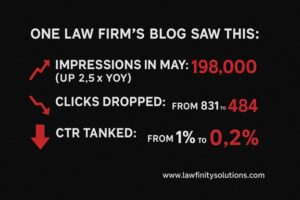
Google’s AI Overviews swallowed the blog whole. It got referenced. But it didn’t get visited.
And this isn’t just a one-off. It’s happening across firms.
Impression spikes are now your early warning signal. If your clicks are vanishing but impressions are rising, it means you’re surfacing but not getting credit for your content. Translation: You are sponsoring AI’s next meal, not investing in scaling up your practice. Your blog ranks, and Google feeds it to bard, without so much as referencing you as a source. You are a line in the AI summary.
Visibility has moved beyond your website. It’s about whether your name, your blog, your quote, or your insight appears in an AI summary, a founder prompt, or a WhatsApp forward.
So the question isn’t whether SEO is dead.
The real question is
Is SEO the best use of your limited budget and founder/managing partner energy right now?
Debunking the most common counter claims
| Claim | What Sounds Right | What’s Actually Happening |
| “Google still has 90% market share” | Yes, but that’s search volume, not conversion ROI | Buyers aren’t clicking – they’re reading summaries |
| “GEO is just SEO in new clothes” | Not quite | LLMs don’t ‘rank’ – they ‘reference’. Different signals entirely. |
| “We still need technical SEO” | True, basic hygiene matters | But it won’t generate demand. It’s infrastructure, not strategy. |
| “You’re just hyping a trend” | Maybe. Or maybe we’re early | And early often wins for those who place measured bets |
So Where Should Lawyers Focus Instead?
Here’s how we’re guiding boutique and B2B law firms:
| Activity | ROI for SEO | ROI for GEO/Trust | Do This If… |
| Blogs | Low unless already high DA | High if structured around actual queries that occur | You solve specific problems |
| Reviews | Medium for Google | High for LLM pickup | You want credibility |
| LinkedIn Posts | Low SERP impact | High LLM + recall signal | You build founder trust |
| Videos/Panels | Minimal search | Major rep signal | You work in niche ecosystems |
| PR Mentions | Weak SEO juice | Strong LLM trust | You’re competing with big firms |
| Website Design | Basic hygiene | Still critical | You want to look like you belong |
A More Useful Mental Model
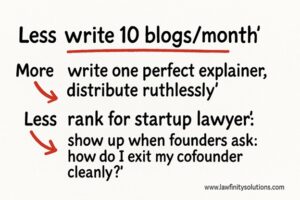
Visibility today is more about being referenced than it is about being found. That changes how we design your marketing stack:
Or as one strategist we admire put it: “Do just enough. Then distribute harder than anyone else.”
Lawfinity’s POV
If your law firm is already an online authority with steady traffic, by all means, maintain SEO.
But if you’re still building trust, especially in founder-first, B2B, or niche litigation work: SEO might be too slow, too broad, and too expensive.
Your next client isn’t searching Google. Google for lawyers is not being searched by your next client. When someone needs a lawyer, they don’t go on Google, they look elsewhere. Because the way people find lawyers is changing. And the change in the way people find lawyers needs you to change too. Change is constant and in legal marketing, adapting to how people find lawyers is key. That’s why being found where people are actually looking is what matters. And what matters most is showing up where people are looking.
See what I did there?
Want help making your law firm reference-worthy? At Lawfinity, we help lawyers move from passive visibility to active trust.
Drop us a line or check out our COVETED playbook for lawyers, to get started.

